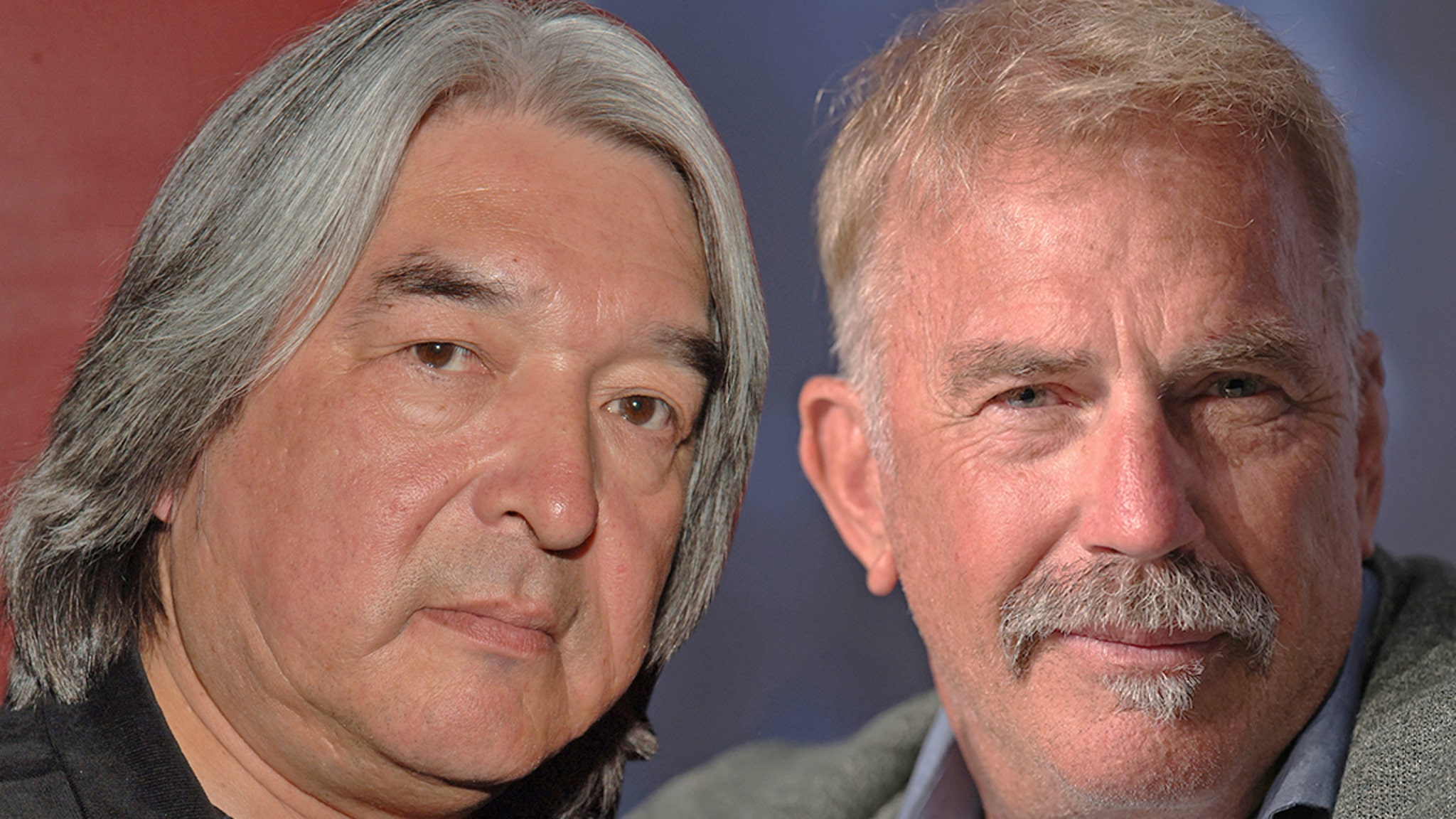Graham Greene’s Dying Wish Was to Thank Kevin Costner for ‘Dances with Wolves’ Role That Changed His Life
In a heartfelt revelation that has touched fans and the film community alike, the late Graham Greene’s dying wish was to express profound gratitude to Kevin Costner for casting him as Kicking Bird in the groundbreaking 1990 Western Dances with Wolves. The Oscar-nominated actor, who passed away on September 1, 2025, at the age of 73 after a long illness, credited the role with launching his Hollywood career and opening doors for Indigenous actors. According to close friends and his agent, Greene’s final reflections centered on the transformative impact of Costner’s vision, emphasizing how the film allowed him to portray Native characters with authenticity and humor, free from stereotypes.
Greene’s Final Days and the Wish Revealed
Greene, a member of Canada’s Oneida Nation, spent his last days in a Toronto hospital, surrounded by family. His agent, Michael Greene (no relation), shared with Deadline that the actor’s passing was peaceful, stating, “He was a great man of morals, ethics and character and will be eternally missed. You are finally free. Susan Smith is meeting you at the gates of heaven,” referencing his late longtime agent. In the weeks leading up to his death, Greene confided in loved ones about his deepest regrets and gratitudes, with Costner and Dances with Wolves at the forefront. A source close to the family told Variety that Greene specifically wanted to thank Costner for “seeing something in me that others didn’t” and for insisting on authentic Native representation, which Greene said “changed the trajectory of my life and gave voice to my people.”
This wish was not just a passing sentiment; Greene had often spoken publicly about Costner’s influence. In a 2024 interview with Canada’s Theatre Museum, he recounted auditioning for the role and pushing back against Hollywood’s clichéd portrayals of Native people. “I said to Kevin, the people in this film have an incredible family, incredible relationship and fun has always been part of that. Fun is 50% of how they live,” Greene shared, crediting Costner for listening and incorporating that nuance into Kicking Bird’s character. Friends say Greene hoped to reach out one last time before his health declined too severely, viewing it as a full-circle moment for the film that earned him an Academy Award nomination for Best Supporting Actor.
Costner, who directed and starred in Dances with Wolves as Lt. John Dunbar, has not yet publicly commented on Greene’s passing or the wish, but their bond was evident during production. Greene once joked in a CineMovie interview about being thrown from a horse on set and wanting “payback” on the animal rather than a break, highlighting the grueling yet collaborative shoot in South Dakota and Wyoming. The film, which won seven Oscars including Best Picture, was a labor of love for Costner, who invested $3 million of his own money when studios balked at the Western genre post-Heaven’s Gate.
The Impact of ‘Dances with Wolves’ on Greene’s Career
Greene’s portrayal of Kicking Bird, a wise Lakota medicine man who befriends Costner’s character, was a breakthrough that shattered stereotypes. Prior to the film, Greene had minor roles in Canadian TV like The Great Detective (1979) and films such as Running Brave (1983). But Dances with Wolves—with its Lakota dialogue (learned phonetically by Greene, as he wasn’t a native speaker)—propelled him to stardom. The movie’s success, grossing $424 million worldwide on a $15-22 million budget, not only nominated Greene for an Oscar (he lost to Joe Pesci in Goodfellas) but also earned him a spot on Canada’s Walk of Fame and the Governor General’s Performing Arts Award in 2025.
The role opened doors for Greene’s prolific career, spanning over 200 projects. He starred in Thunderheart (1992) as a tribal cop, Maverick (1994) with Mel Gibson, Die Hard with a Vengeance (1995) alongside Bruce Willis, The Green Mile (1999) as death row inmate Arlen Bitterbuck, and Wind River (2017) with Jeremy Renner. On TV, he appeared in Northern Exposure, Longmire, Reservation Dogs, The Last of Us, and Tulsa King. Greene also won a Grammy for Best Spoken Word Album for Children in 2000 for Listen to the Storyteller and multiple Gemini and Canadian Screen Awards.
As a trailblazer, Greene advocated for better Indigenous representation. In a 1990 UPI interview, he praised Dances with Wolves for eliminating clichés, noting, “There was an effort by everybody to eliminate the clichés of native people, to show them making mistakes, being funny, their sensitivity and love of the land.” His dying wish underscores the personal significance of Costner’s faith in him, especially as Greene reflected on a career that inspired generations, including actors like Lily Gladstone, who tweeted, “Graham Greene was one of the best to ever do it… I wish I could have met him. I probably would have thanked him.”
Tributes and Legacy
News of Greene’s death and his final wish has prompted an outpouring of tributes. Co-star Gil Birmingham (Wind River) posted on Instagram, “My heart is broken. We have lost a man of incredible talent who made a positive impact on Native representation… Journey on, Graham, R.I.P.” Robert Patrick (Tulsa King) echoed, “Heartbroken to hear Graham Greene has passed.” Tom Jackson, a longtime friend, told CBC, “He was the epitome of the business. It’s an honor to be able to speak about Graham.”
Greene is survived by his wife of 35 years, Hilary Blackmore, daughter Lilly Lazare-Greene, and grandson Tarlo. His final project, the thriller Ice Fall starring Joel Kinnaman, is set for release on October 16, 2025. As fans mourn, Greene’s wish serves as a poignant reminder of the collaborations that define legacies. While Costner has yet to respond, the sentiment aligns with the film’s themes of harmony and respect—values Greene embodied until the end.
Sources: Deadline, Variety, The Guardian, Hollywood Reporter, ABC News
